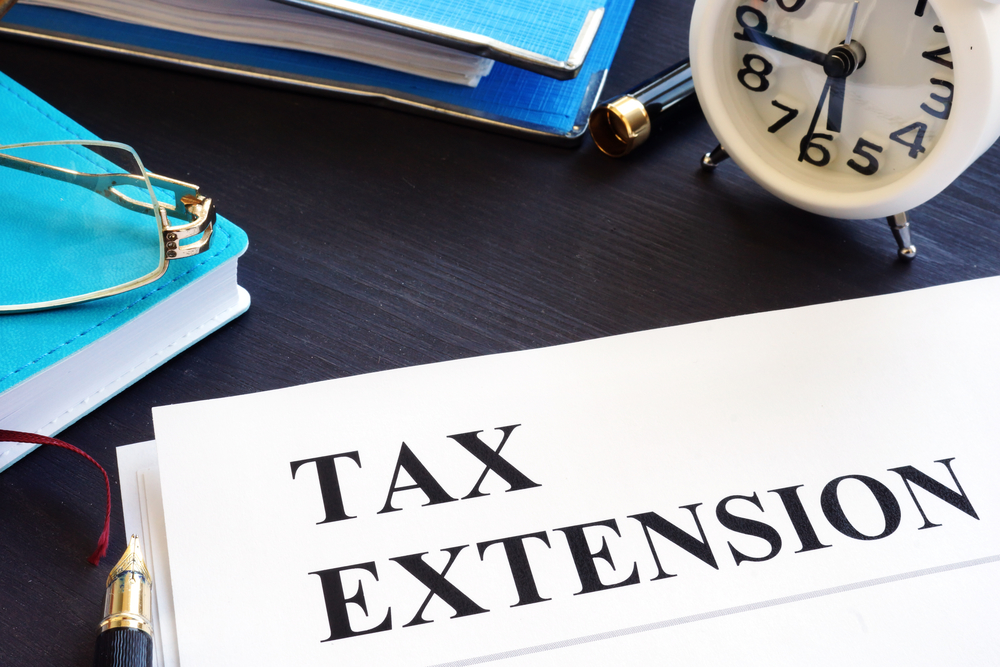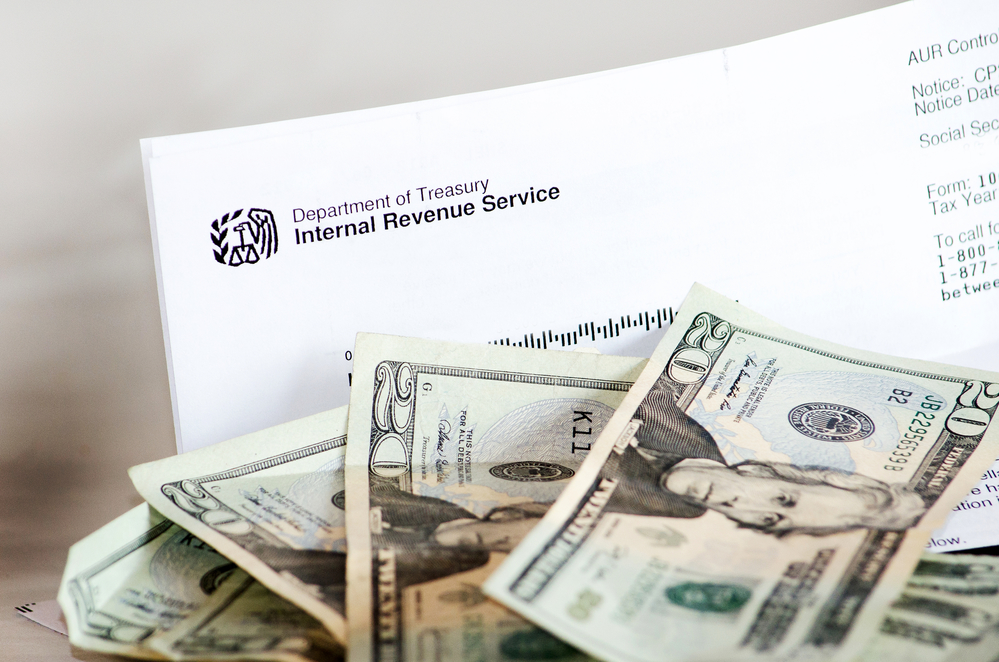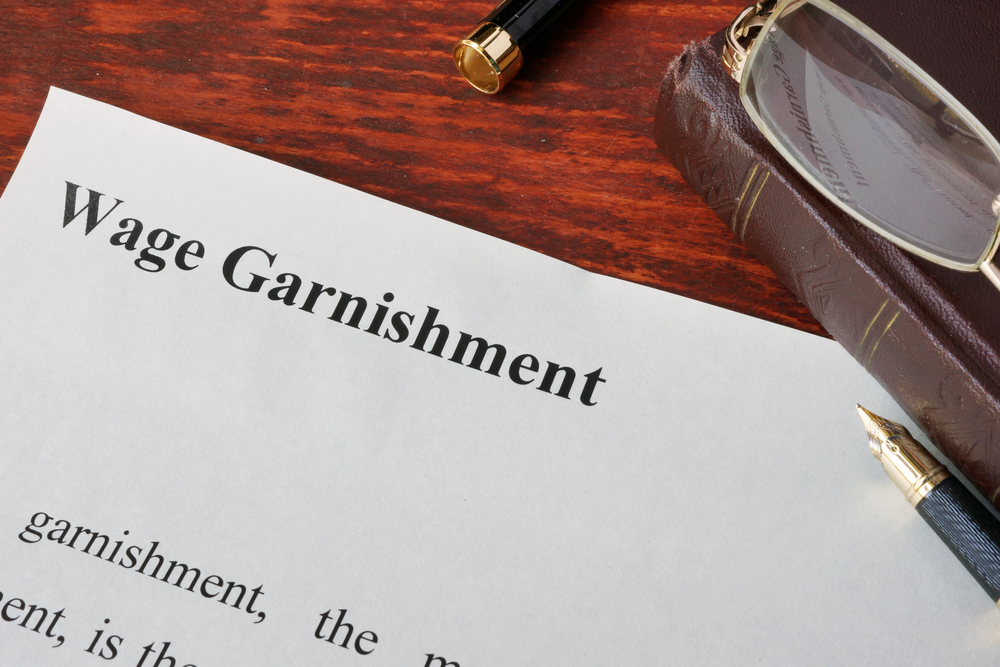Have you received an IRS notice of levy on your bank account? That’s another name for an IRS bank account freeze or seizure. It happens when you don’t pay your tax debt.
Read More >A Bank Account Freeze? What Do I Do?
How to Appeal a Federal Tax Lien
Have you received IRS Letter 3172, Notice of Federal Tax Lien Filing and Your Right to a Hearing under IRC 6320? That means the IRS has determined you owe a tax debt, which you have neglected or failed to pay. Now they put a lien on your property so you can’t sell or refinance any of it until you pay up or make a deal.
Read More >What You Should NOT Do If You Owe the IRS
If you owe the IRS money, you should trust that they know about it and are expecting prompt payment. The agency is not known for backing down when there's tax money to be collected, and you shouldn't count on qualifying for an offer in compromise to reduce your tax bill.
Read More >Heads Up! The Tax Filing Extension Deadline Approaches
It’s October. Do you know what that means? If you filed for a tax extension earlier this year, it’s time to file your taxes. And If you haven't spent the last few months doing so, you need to get all your supporting documentation together, get your taxes calculated, and file the whole thing by the middle of this month to avoid penalties and additional interest.
Read More >What Happens If I Haven’t Filed Taxes in over Ten Years?
Not filing taxes for several years could have serious repercussions. Not only can the IRS stop you from applying for a passport or a mortgage, but they can also create a Substitute for Return against you, charge you for failure to pay, or charge you for failure to file.
Read More >Receiving mail from the Internal Revenue Service is enough to make anyone’s knees quiver. It almost always means you owe more money to Uncle Sam for one reason or another. In the case of a Notice of Deficiency, formally known as CP3219A, it means that the information you provided with a tax return does not match up with the information a third party sent, like a bank for an employer.
Read More >What REALLY Happens if You Don't File Your Taxes
Editor’s Note: This post was originally published in May 2019 and has been updated for accuracy and comprehensiveness.
If you somehow missed all the clues that Tax Day is April 15 (every year), or all the specials from tax preparers running up to this year’s Tax Day, you may be wondering what to do now.
Read More >The Risks of Missing the October 15 Extended Tax Filing Deadline
The IRS gives taxpayers until April 15 to file and pay their federal income taxes. People who cannot make this deadline to file can request an extension until October 15 by filling out and submitting IRS Form 4868. This extension will grant taxpayers extra time to file their returns. They must pay their estimated amount of taxes by the April 15 deadline, however.
Read More >The Top Ten Ways to Remove an IRS Levy
The IRS utilizes a number of collection activities to recoup debts that taxpayers owe to it. Among them, tax levies are many times the most difficult with which to cope.
Read More >Texas Wage Garnishment: How Much Money Can My Employer Take?
Creditors generally have a variety of options to collect on debts owed to them. Among them, wage garnishment is one that is used the most often to get money from debtors.
Read More >SUBSCRIBE VIA EMAIL
POSTS BY TOPIC
- Tax Tips and Help (285)
- IRS Collections (121)
- IRS Audit (72)
- Tax Credits and Deductions (70)
- Tax Resolution (62)
- Business Taxes (54)
- Back Taxes (48)
- Wage Garnishment (21)
- Tax Levies (19)
- IRS Payment Plans (15)
- Tax Liens (14)
- Offer in Compromise (9)
- Unfiled Tax Returns (9)
- IRS Tax Attorneys (7)
- Asset Seizure (6)
- Tax Evasion (6)
- Criminal Tax Defense (4)
- Innocent Spouse Relief (4)
- Alimony (1)










